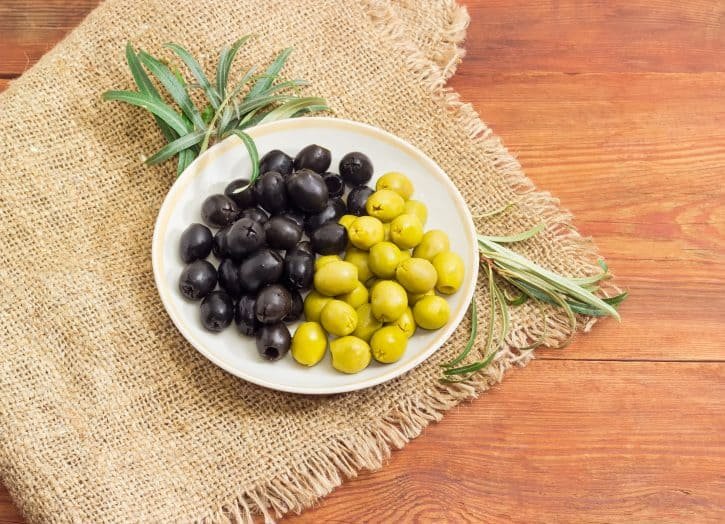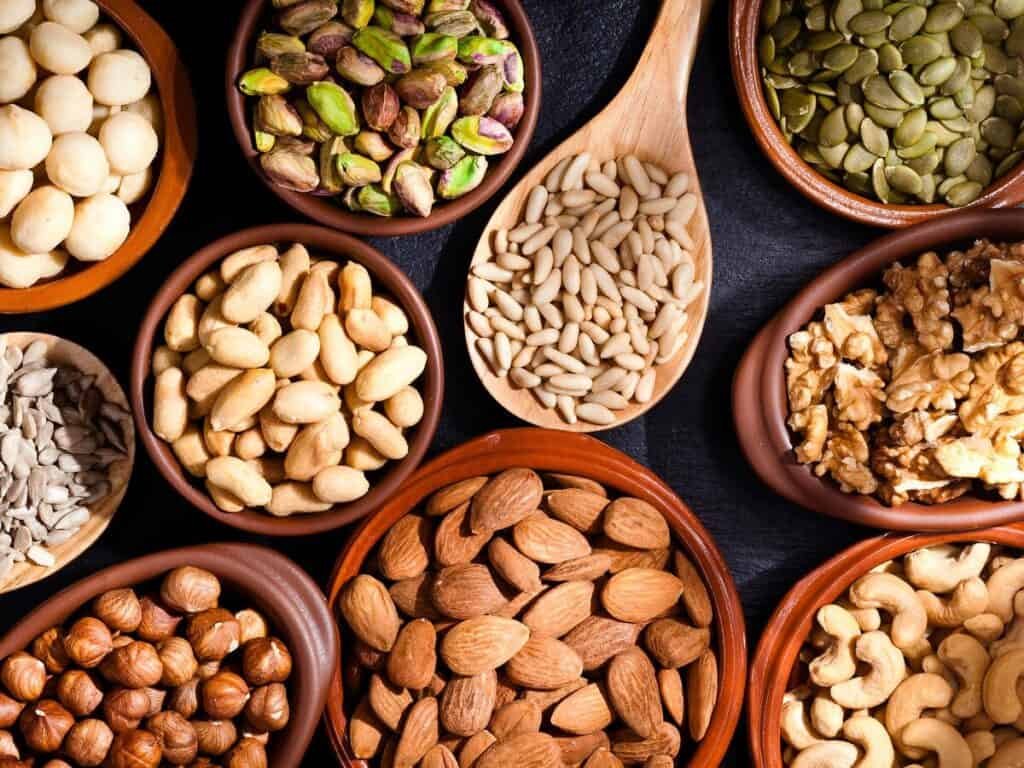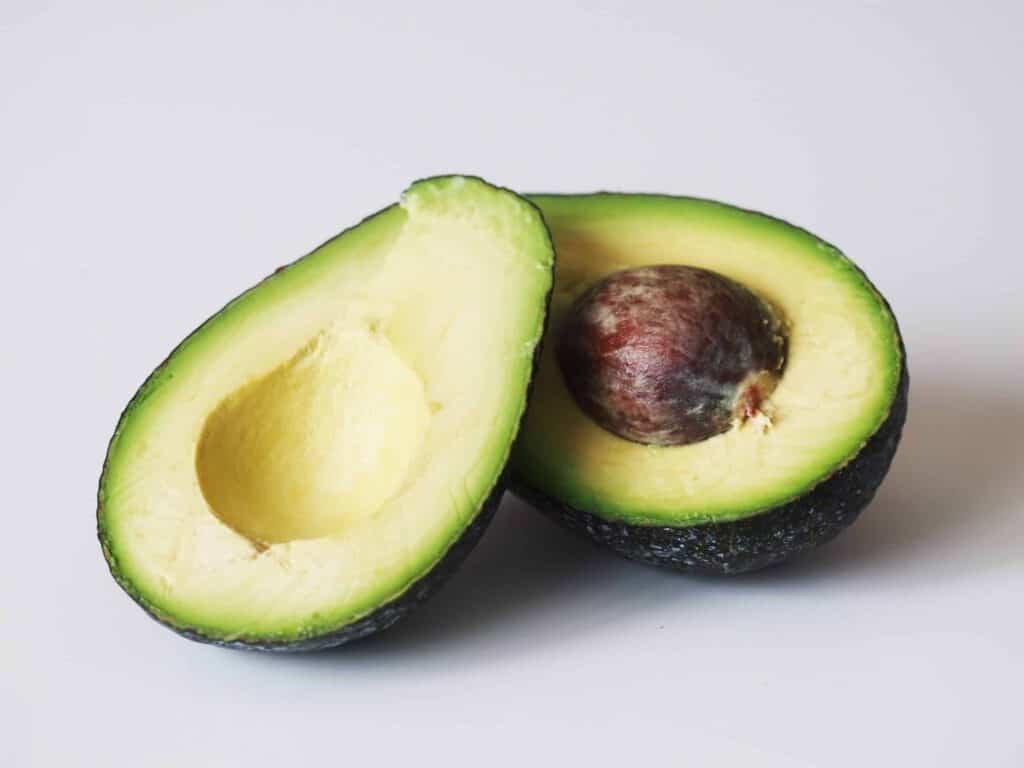What foods can make you smarter? The truth is that there are many foods that can improve learning, comprehension, and memory. Intelligence, memory, and learning rely on many factors, including physical activity, sleep, and food.
I have listed 7 foods that can strengthen brain function today and stimulate long-term brain health tomorrow. While the brain-stimulating properties associated with these nutrients may strengthen brain function, they have not been shown to do so in controlled studies. However, all of these foods add healthy nutrients to your diet.
Pay attention to food allergens and remove them from your personal list of brain-stimulating foods — but read them because I have chosen to list some alternative foods.
1. Blueberries

Flavonoids, the pigments that stimulate health in plants that give them their color, can help improve memory, learning, and general thinking while slowing down the decline of mental abilities and memory associated with age. Blueberries are full of flavonoids.
Quick tip: Blueberries are incredibly comfortable and flexible. Include them in cereals mixed in salads, quick bread, pancakes, and yogurt, or just grab a handful. Any form will do: fresh, frozen, dried, or lyophilized.
2. Olives

Eating olives regularly can lead to less brain deterioration over time. This is due to the monounsaturated fat contained in olives. These healthy fats are incorporated into all cells and can stimulate the transport of more oxygen to the brain. Saturated fats (from meat, dairy products, and fried foods), on the other hand, can strengthen cell membranes.
Quick tip: Use olives for breakfast, as a prepared dish in lunch boxes, or as an appetizer of appetizers. Include them in side dishes, Mexican dishes, salads, pizza on top, and more!
3. Nuts

If you are not allergic to peanuts or nuts, eating nuts can help maintain brain function. Why? Because nuts are a source of monounsaturated fats and vitamin E, both can protect the brain from degenerative diseases, such as Alzheimer’s disease. How do they do it? They break down these elements, damaging brain cells called free radicals.
Quick tip: A little goes a long way! Remember to pay attention to portion sizes when eating nuts. You can include nuts as cereals or yogurt, as a snack or in salads or cooked vegetables. If you are allergic to nuts, try using seeds instead. They may offer similar brain benefits.
4. Fish

Another common food allergen, fish may be out of bounds for some individuals, but for those who can eat fish, fish can have some amazing brain benefits. For one, eating fish regularly seems to have an effect on brain size (mass). Regular consumption of fish can also slow down the aging process of the brain. Lastly, the oils (omega-3 fatty acids) present in fatty fish can help improve problem-solving, concentration and memory.
Quick tip: If you are not allergic to fish, start the fishing habit and work for the ideal amount of fish consumption, which is equal to 2 servings per week of fatty fish (salmon, flounder, mackerel, trout). Even eating 1 servings a week is better than nothing! Limit your intake of mercury-containing tuna to 6 ounces per week. If you are allergic to fish, try these foods: olives, olive oil, avocados, and nuts.
5. Chocolate

Who doesn’t love chocolate? This may be the best news you’ll hear all day: dark chocolate can increase blood flow to the brain and improve thinking and mood. Why? These cocoa flavanols (phytonutrients that are naturally found in cocoa beans) and caffeine do this trick.
Quick tip: Be the choice of sweets – if you eat them, choose sweets like dark chocolate, which contribute to your overall health.
6. Avocado

It turns out that guacamole is not so bad for you after all! Avocados are naturally rich in healthy fats (omega-3 fatty acids), which can improve blood flow to the brain. More blood to the brain can mean increased brain capacity.
Quick tip: Put the avocado in sandwiches instead of mayonnaise, cut it into cubes as food with your finger or serve half an avocado with a spoon and a pinch of lemon juice and sprinkle with salt. You can also use avocados in your roasting, such as in avocado-based brownies.
7. Eggs

Choline is an important nutrient in the development of the memory center, which is a process that occurs during the first 6 years of life. One egg yolk has about 200 milligrams of choline, which meets or almost meets the needs of children up to 8 years. Men need 550 mg of choline per day, while women need 425 mg of choline per day, according to the Institute of Medicine. Eggs are one of the richest sources of choline in the diet, in addition to a number of other nutrients.
Quick tip: Chicken liver, salmon and quinoa are alternative sources of choline if you need to avoid eggs.
